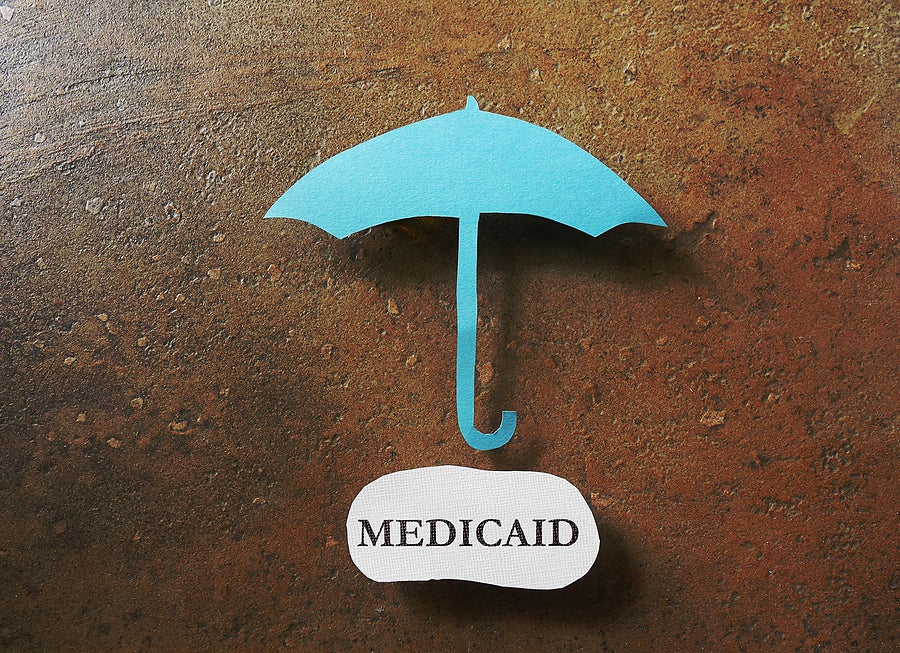Medicaid is the largest source of public health insurance coverage, covering nearly 80 million people, so it goes without saying that Medicaid is incredibly important all of the time. However, Medicaid is especially important during economic downturns. When families face tough times, Medicaid is there to provide the extra support they need to get by. This is by design. Medicaid is a “countercyclical program” with an open-ended financing structure – enrollment and spending increase when a downturn in the economy leads to growth in the low-income population and the number of people losing employer-sponsored insurance when they lose their jobs. In fact, during an economic downturn, Medicaid faces dual pressures – higher enrollment at a time when states have less revenue to support it.
Congress has responded to this pressure by temporarily increasing the federal share of Medicaid spending during economic downturns. This has served two purposes – covering the costs associated with higher enrollment and stimulating the economy. Congress passed bills that were signed into law to increase federal support to state Medicaid programs in three prior recessions: (1) The Jobs and Growth Tax Relief Reconciliation Act of 2003 (JGTRRA §401, P.L. 108-27), (2) The American Recovery and Reinvestment Act (ARRA §5001, P.L. 111-5), and (3) The Families First Coronavirus Response Act (FFCRA §6008, P.L. 116-127). This type of support, along with Medicaid’s open-ended financing structure, which allows it to respond to changing circumstances such as economic downturns, epidemics, natural disasters and new drug therapies entering the market, has been critical to ensuring Medicaid is there when people and the country need it most.
Unfortunately, with passage of the Fiscal Year 2025 Concurrent Budget Resolution, Congress continues to actively push forward a plan that would threaten to cut Medicaid and potentially undermine the financing structure that has supported the program for the past 60 years. Such cuts or changes would put incredible pressure on state budgets and place coverage and care at risk for the nearly 80 million Americans – including children, pregnant women, low-income parents, seniors, and people with disabilities – who rely on the program. This could be especially disastrous in the face of economic changes or other public health emergencies.
Medicaid has shown time and time again that it is a lifeline for people and the nation during times of unexpected upheaval or need. Now is not the time to be destabilizing Medicaid and cutting off this important lifeline.


